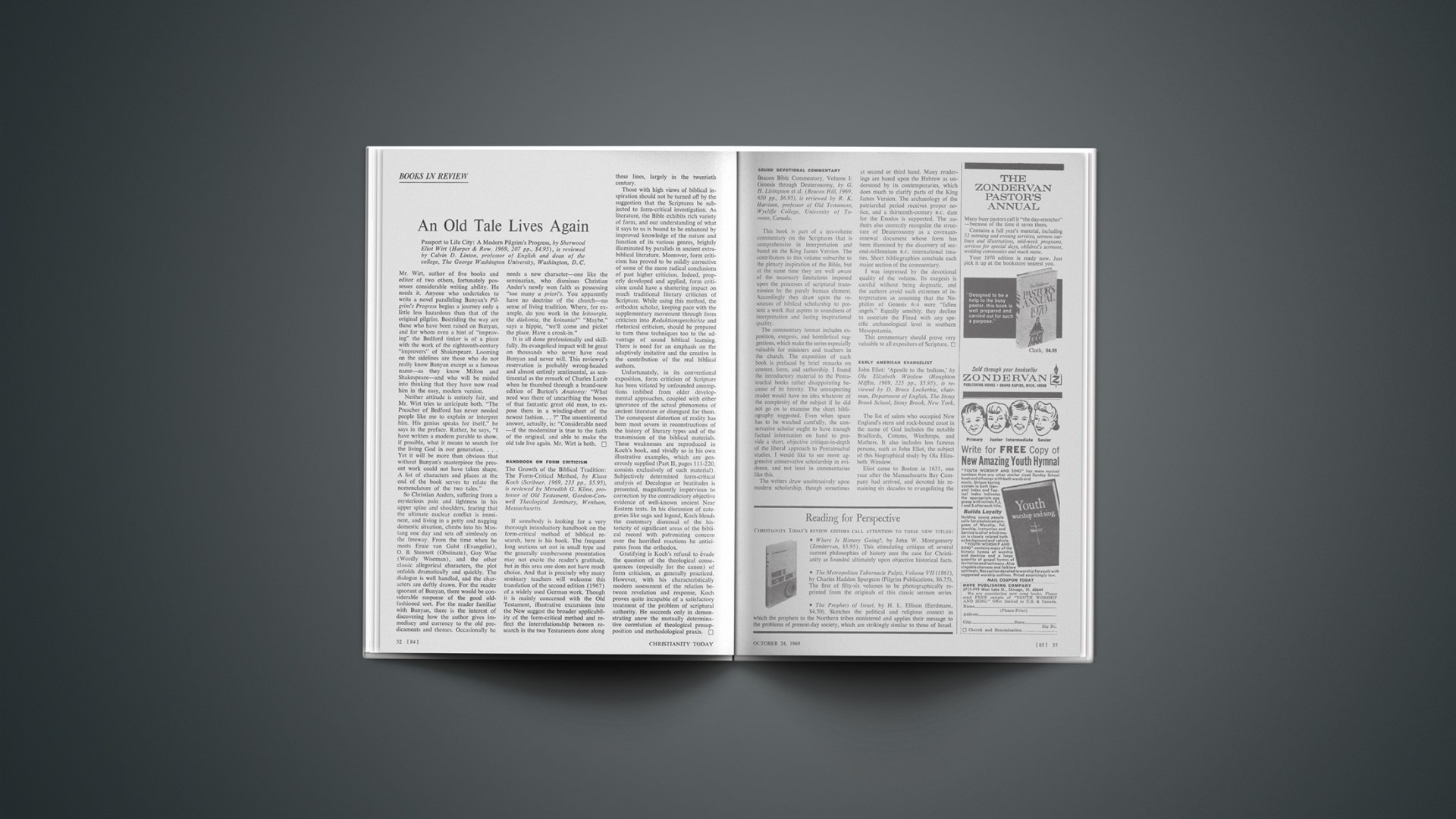The UCLA campus is preparing for war, and leaders hope it will be limited to a war of words in the courtroom. The opposing forces: the University of California Regents against Miss Angela Davis and her faculty and student sympathizers. The issue: the regents moved to dismiss Miss Davis, a black and brilliant assistant professor in the philosophy department, because she is a member of the Communist party. The approaching battle threatens to be the most bitter fight over academic freedom since the loyalty-oath tests of the 1940s.
Freedom of inquiry is written deep into the heritage of our nation. The Bill of Rights assures the right to freedom of expression and opinion, and the academic community shares this right. However, the same constitution that protects individual freedom also promotes the responsible use of that freedom. None of the great constitutional rights of conscience is absolute. That which infringes upon the constitutional rights of others or which leads to the overthrow of the government finds no protective haven in the constitution.
The UCLA incident involves more than just academic freedom; it brings into focus the special problem of granting a position of influence to an avowed member of the Communist party. If Miss Davis is truly a Communist, then she must be committed to the goal of achieving a world Communist state. Does the constitution require that public funds be used to provide a forum for one whose ultimate goal would be to take away the freedom which that public enjoys? We would not for a moment advocate the silencing of dissident voices on the university campus, but a Communist represents more than simply another dissenting opinion within the framework of a free society. A Communist is part of a movement that would enslave free people.
It is ironic that, as fires of resentment began to rage in Los Angeles, the last sparks of the fires of freedom that had flared up briefly in Prague were being stamped out by the forces of Communism. Alexander Dubcek and those who sought to lead Czechoslovakia to some measure of freedom were being purged by the party’s Central Committee. Miss Davis may believe that academic freedom should allow her as a Communist to occupy a place where she could influence American youth; but we can be sure that if her party were ever to gain control, academic freedom would quickly become a thing of the past.










